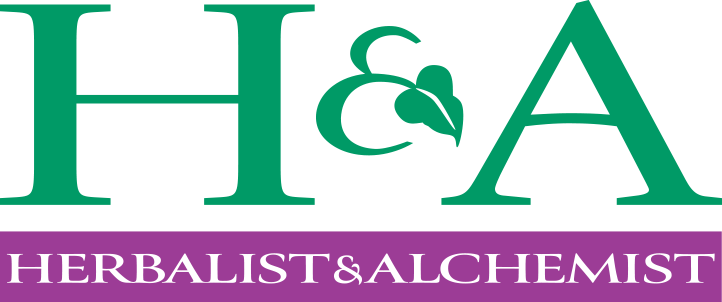How did you become interested in clinical herbalism?
What set me on the road to holistic medicine was my involvement in martial arts, which I started when I was 9 years old. I had very classical teachers that believed the fighting arts had to be paired with the healing arts, otherwise you would be ineffective at both. I got introduced to herbal medicine when I was 14 or 15, and soon after I discovered yoga and Hinduism. From there I began to study Ayurveda. When I was around 17 I met a spiritual healer from South Africa and I studied with her for two summers. She taught me a lot more about Ayurveda and herbal medicine, and she was a very influential force in my life.
I never really thought of making herbal medicine a career. As a kid, I just grew up with it as a fact of life. I would drink teas and make incense and things like that; all of my friends thought I was weird, but I was kind of a pioneer with my Hopewell, New Jersey peers.
Then I started working at a health food store, and learned a lot more about supplements, nutrition, and herbal medicine. I attended David Winton's lectures at Herbalist & Alchemist about once a month for a couple of years and I became very interested in the field. While I was in acupuncture school I took his two-year herbal training program followed by the one-year graduate course. I did four years of Oriental medical school including Chinese herbal medicine and Japanese herbal medicine, and that led me to where I am now. I opened up a practice six years ago. Even before that I was treating people with herbs, and as a teenager I would advise people of things they could do to help themselves with various ailments.
So working at a health food store led to your formal herbal training?
Yes, the store carried the Herbalist & Alchemist product line and I started experimenting with the products on myself. I loved the feel of them. I noticed that when people used them they got better, quickly. I saw a dramatic improvement in customers' results. I found out from the H&A newsletter that David taught classes. I went to one of them and he talked about his philosophies on life and medicine. I remember thinking, “Oh my gosh, that is what I have been thinking my whole life!” It resonated with me so much that I took his program as soon as I could. It changed my life. I will say this: I believe I learned more in his two-year program than I did in four years of Oriental medicine school. Many clinically useful techniques I use now came out of his program. Because of my early experiences with the effectiveness of Herbalist & Alchemist tinctures, they are the only ones I use in my practice.
As for my formal training, I am an acupuncturist and eclectic herbalist. I am trained in four different styles of acupuncture that I weave together, similar to herbal medicine and nutrition. I was trained by David in his eclectic practice that combines Chinese herbal medicine, South Eastern American herbal medicine and traditions from Europe and the Americas. I combined those with what I learned about Ayurveda earlier in my life. I use tools from a number of different traditions, including bodywork from a variety of modalities such as tuina, shiiatsu and reiki. I recently finished a nursing degree and will be starting work on a nurse practitioner degree so I can add Western medicine to my treatment modalities.
You are also one of the teachers in David's two-year herbal training program, correct?
I teach the TCM module and sometimes students come to shadow me in my practice. I do one-on-one tutoring and case studies. I also do clinical supervision and case studies for physicians and other herbal practitioners around the country when they want to understand more about herbs and what their clients are using.
